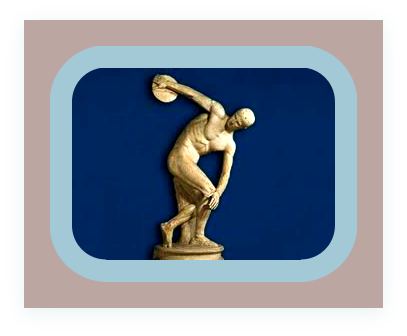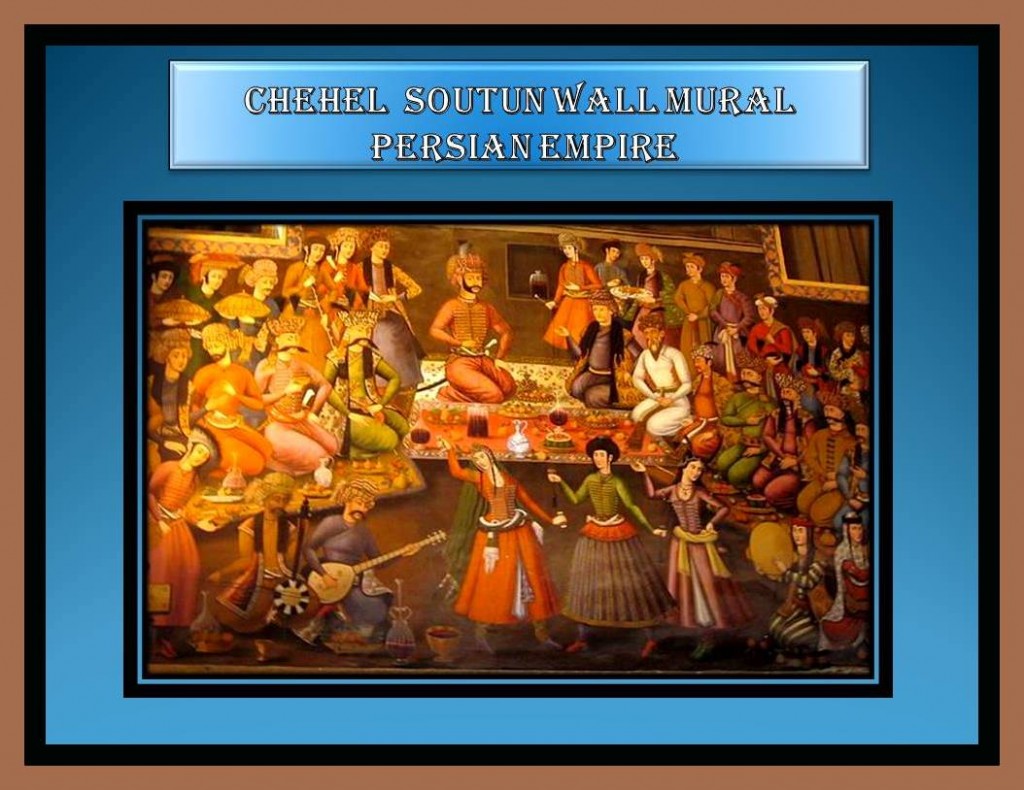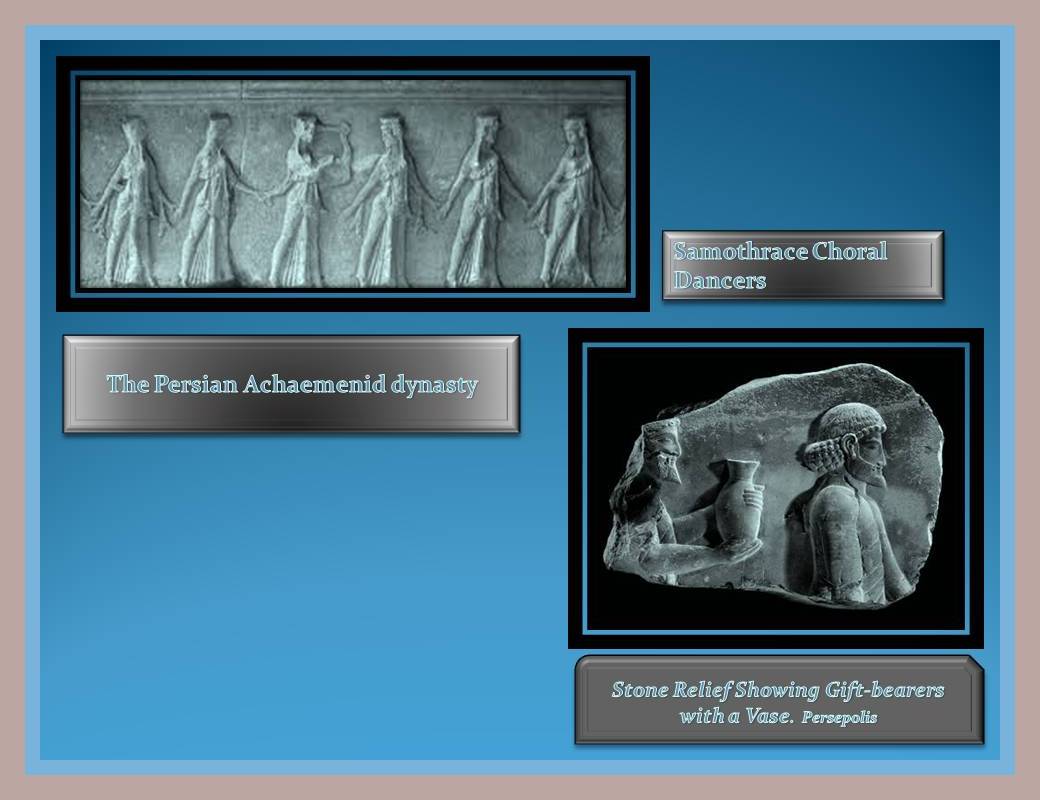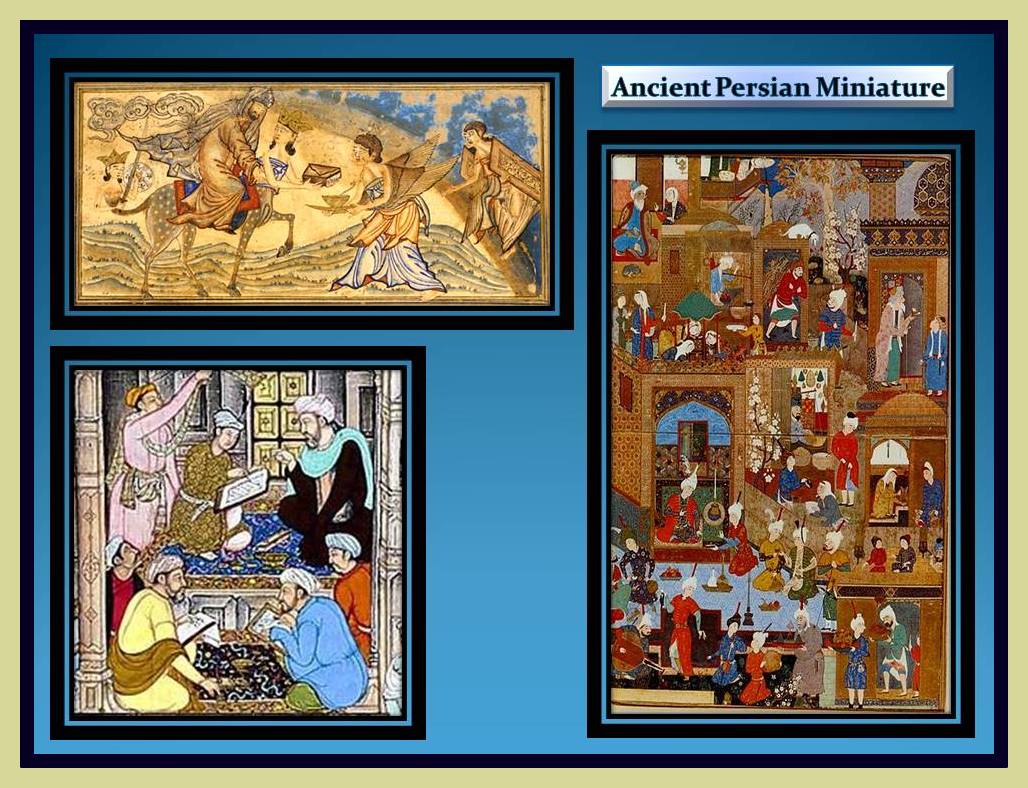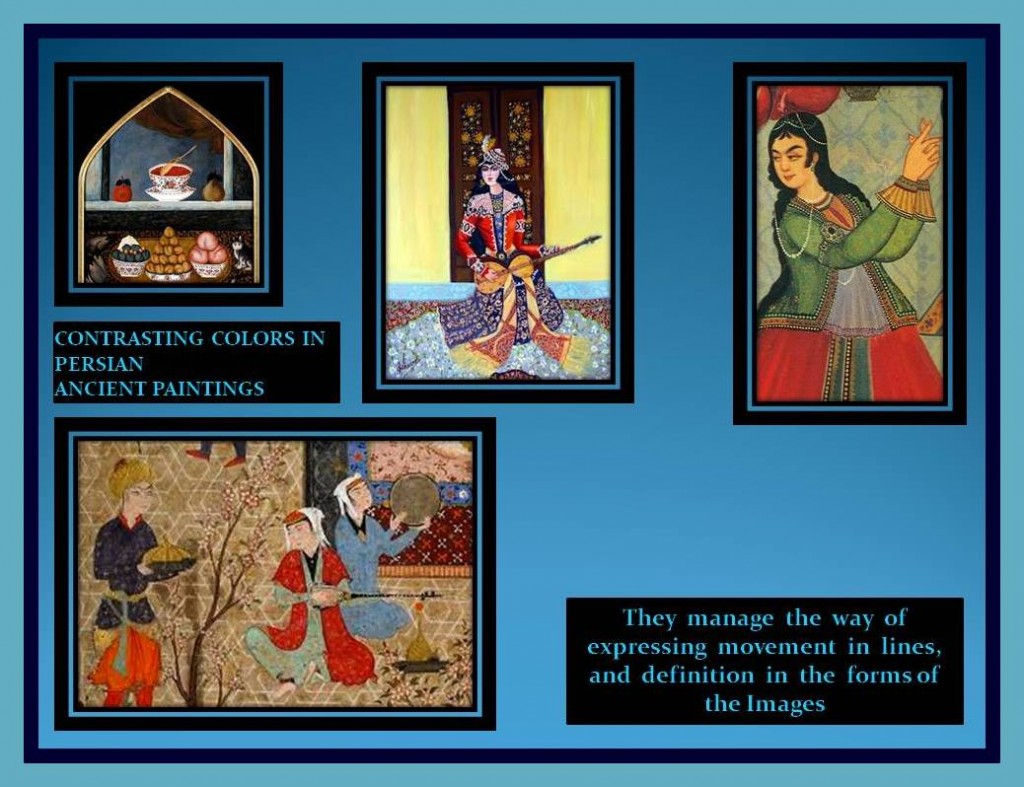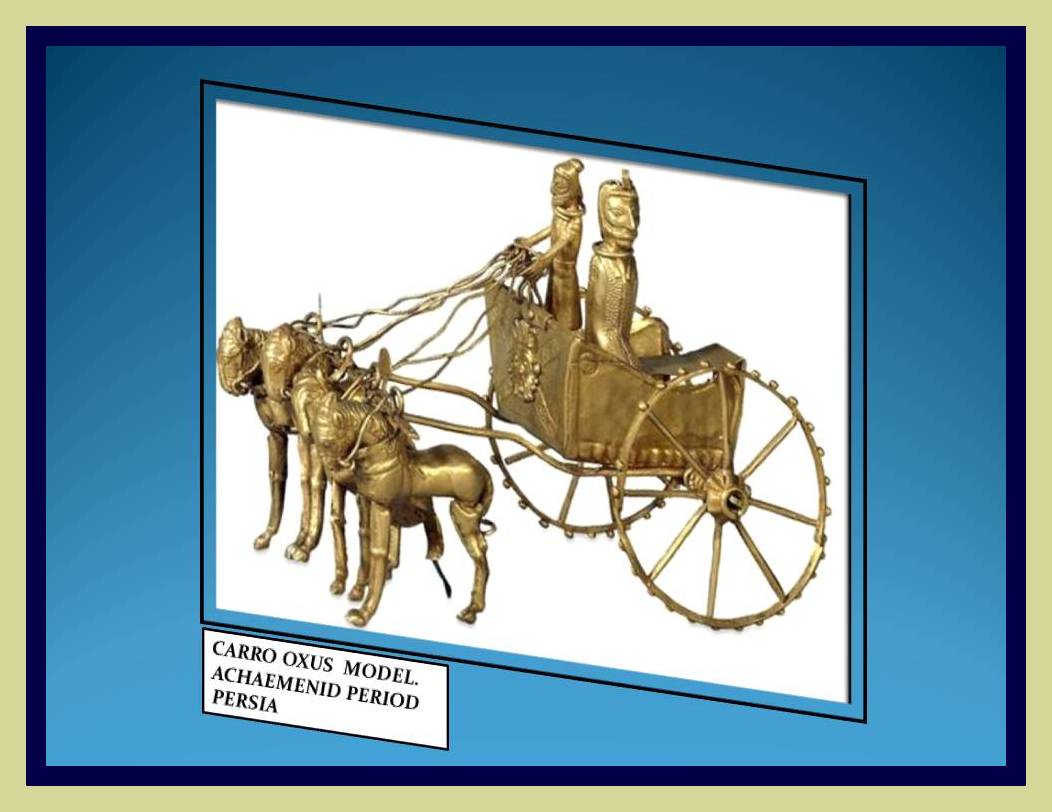The ancient Persian Art
The ancient Persian culture awarded a preponderant importance to the decorative aspect in their art; which they used as resource and vehicle of expression with a deep philosophical meaning about life. This decorative aspect shows the daily events of the man in his perennial struggle for survival. Although in other articles we will detail their artistic manifestation; is important to begin with general aspects of their history and idiosyncrasy in order to understand better why the produced their art in the way they did it.
The profuse decorative symbolism express their desires and aspirations as well as its particular way of seeing life with security, self-confidence and great inner power. Their art It is an attractive form of express their poetic way to see life, doing that with a refined show of and detail exquisite decoration; aimed directly at the heart of the viewer through the emotions that communicates.
They designed these objects using figurative patterns; where the images of the original objects in real life as well as the human figure in it are easily recognized. The slow process of finding and establishing an ideal formula for a decoration to express their emotions and concepts about life; began since the first artists, the primitive painters of ceramics made the conventions of great clarity and expressive power in which laid the foundations for the type of decorative design so characteristic of the imagination of the Persian’s. They opened the doors to endless possibilities of illustrations, techniques and ways of development their art; evolving since them though thousands of years.
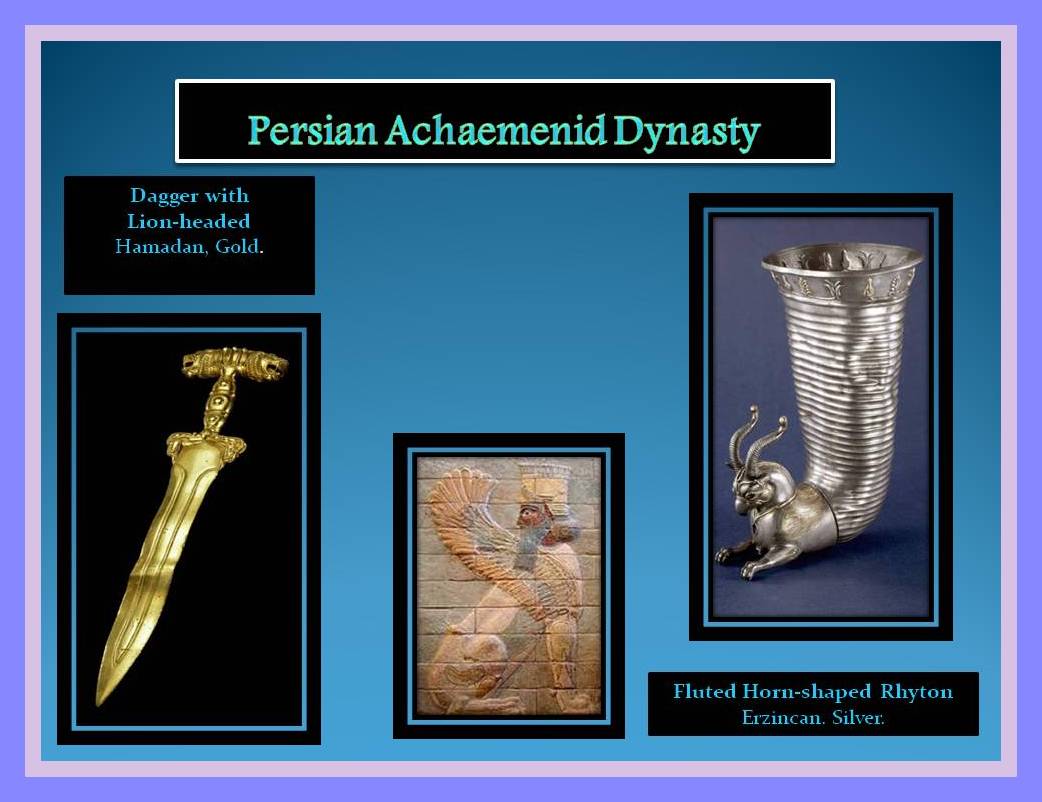
Persian art has a close relationship with poetry as well as the religious and philosophical thinking. Thousand years of literary developments corroborate that the Persians are about other cultures the most poets and imaginative. This feature of desbordable imagination translate as well to their works of art in all its artistic manifestations.
Persian artisans and artists certainly achieve in their designs to express emotional strength, they are not just limited to represent the purely intrinsic character of the object, because in their hands; these works of art come to life, they achieve to represent expressions such as joy or sadness, as well as a wide range of deep and intense sensations in a way comparable to the sensations we feel when we listen to music.
Broughted by the overriding need to show emotional expression, so specific of the culture and tradition of Persian people, the artist explore a wide range of possibilities of expressing the beauty using a lot of resources in which are not ruled out even elements of other people culture.
Persian art slowly mature and developed their own specific canons proving to be so effective; that passed the test of time and the borders they influenced.
Fantastic legends, stories of fairy or even the way they delineated the monsters features always had a realistic and convincing air with a dramatic and emotional load where it is perceived that they rejected the dark, confused and irrational aspects.
Persians Miniature painting
The Persians were skilled masters in the development of miniatures; which they executed with exquisite detail, but were also able to develop monumental works with astonishing ingenuity and amazing technical fanfare.
This emphasis on the enlightenment does not produce a cold or abstract art; because they manage the way of expressing movement in lines, expressiveness and bold colors. They obtain definition of the forms; with the use of contrasts between the figure and the background. Although; It is true that sometimes seems a little calculated or excessively conscious and fussy in search of consistent, concentration and balance. Those elements at the end, help to achieve expressiveness in their work and the successful communication of feelings; rather than detract from the effectiveness of their intention.
The Persian designers were able to achieve balance, even in works with intricate motifs. They proved to have a peculiar ability in reducing images to its simplest terms without losing the expressiveness.
They could achieve in those miniaturized works a perfect communication with the viewer, even with just silhouettes. They knew how to represent facts or abstract ideas; without violating the terms of coherent visual appreciation, eliminating the frustration that ambiguity can produce in the viewers.
Persian art tendencies and evolution in their style
In the explorations to find and develop their own identity throughout so long time, in certain moments we can see some compulsion occurs towards either the realism or naturalism. They were also influenced by the art of Rome or Greece. But their style did not satisfy the Persians, it seemed relatively superficial, particular and individual. They favored more towards a universal and timeless presentation.
Although the formulas that they were developed in Persian art were numerous and many of them efficient and rational too; often they became standardized models executed with reiteration.
Nevertheless, this culture must be acknowledged as one who occupies a predominant place; in terms of the amount of artistic formulas implemented in their art, the achieved supremacy in many ways in which stand out the frescoes, showing universally valid forms of artistic expression that go along with the rest of the Persian works, certainly been a precious heritage for current and future generations.
Please visit the other articles about this interesting culture in which can be appreciate more particular aspects of their art like; architecture and other manifestations of their poetic, ingenious and particular art.
